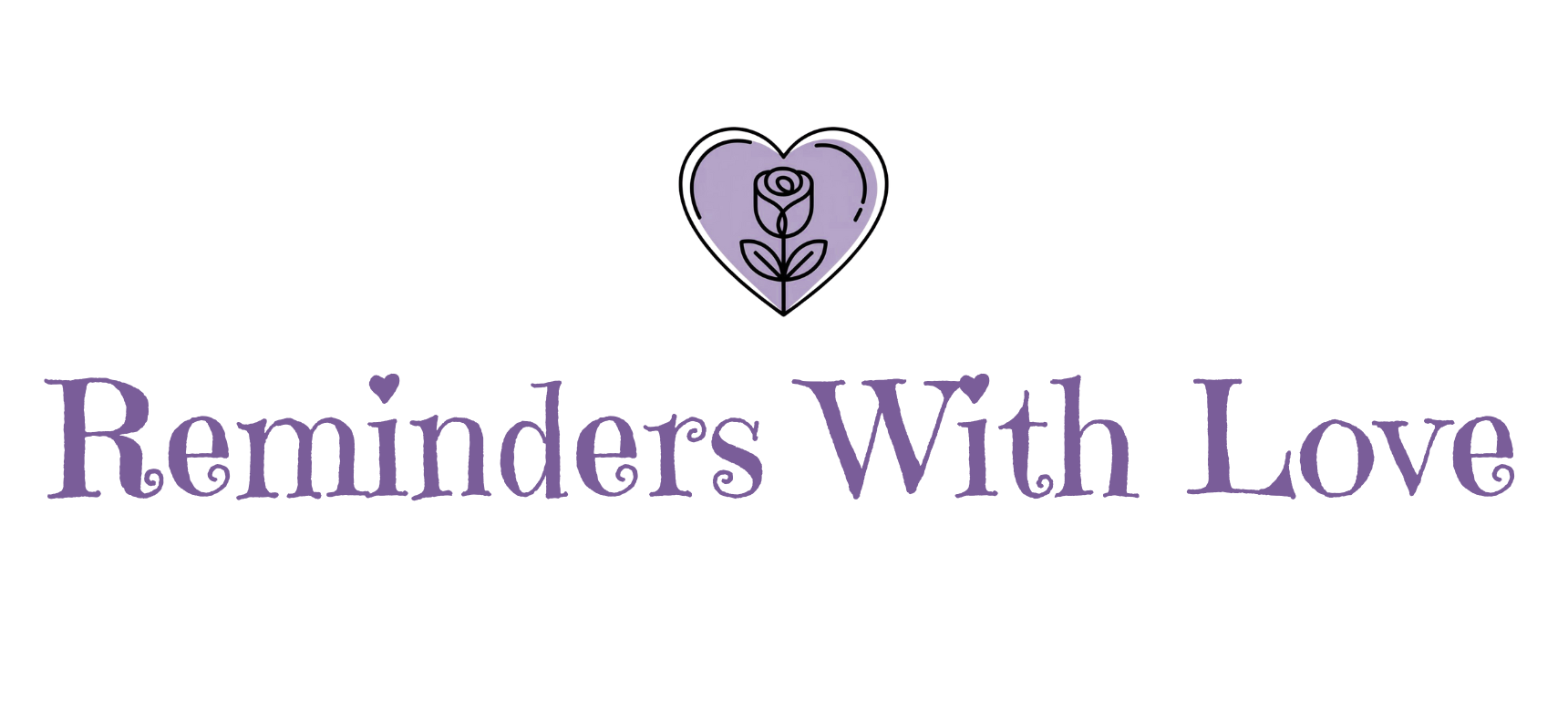Journal Prompts for Healing from Trauma and Emotional Recovery
Healing from trauma is a deeply personal journey, and one of the most effective tools to support that healing is self-compassion journaling. By writing your thoughts and feelings, you allow yourself to process emotions, release inner pain, and build emotional resilience. In this article, I’ve gathered 101 self-compassion journal prompts for healing from trauma, broken down into categories that focus on different aspects of your emotional recovery. Each category encourages reflection, helping you reconnect with yourself and develop a mindset of kindness, forgiveness, and self-love.
Let’s dive into these journal prompts, and I hope they can be a meaningful part of your healing process.
What is Self-Compassion Journaling?
Before we explore the journal prompts, let’s talk about self-compassion and how it plays a critical role in trauma healing. When you’ve been through a traumatic experience, it’s easy to fall into negative self-talk, blame, or shame. Self-compassion is the practice of showing yourself the same kindness and understanding that you would show a close friend going through a hard time. Journaling is a safe space where you can express your deepest emotions and gently guide yourself back to self-love and healing.
Self-Compassion Journal Prompts for Healing from Trauma
For better focus and understanding, I’ve divided these prompts into six categories. Each category tackles a different aspect of healing, from recognizing your emotions to rediscovering your strength.
Acknowledging and Processing Emotions
When you’ve experienced trauma, emotions like fear, sadness, or anger can feel overwhelming. This first category helps you acknowledge and process those emotions instead of suppressing them.
- What emotions do I feel most often when I think about my trauma, and why?
- How does my body physically react when I feel overwhelmed or anxious?
- What is one emotion I tend to avoid, and how can I face it more openly?
- How does journaling about my trauma make me feel in this moment?
- What am I most afraid of when I think about revisiting my trauma?
- What are the emotions underneath my anger, and how can I explore them with compassion?
- How can I allow myself to feel sadness without judgment or shame?
- What is one small way I can honor the difficult emotions that arise during my healing process?
- How do I typically cope with fear or anxiety, and are those coping mechanisms helpful or harmful?
- What would it look like to fully accept my emotions today, just as they are?
Healing Inner Wounds
Healing from trauma means addressing the deeper emotional wounds left behind. These prompts encourage you to explore your inner world and start the healing process.
- What part of my trauma feels unresolved, and how can I start healing that wound?
- How does my trauma affect the way I see myself, and how can I begin to shift that perception?
- What are three things I can do to soothe my emotional pain in a healthy way?
- How can I acknowledge the parts of myself that are still hurting, while also being kind to myself?
- What is one small thing I can do today to prioritize my emotional healing?
- What do I need to forgive myself for, and how can I show compassion in that process?
- How can I talk to my inner wounded self with love and patience?
- What old beliefs or stories about myself no longer serve me after my trauma?
- What does it mean to heal emotionally, and what does that process look like for me?
- How can I allow myself to grieve the losses associated with my trauma?
Forgiving Yourself and Others
Forgiveness can be a difficult yet powerful part of the healing process. Whether you need to forgive yourself or others, these prompts help guide that journey.
- Who do I need to forgive, and how can I take the first step toward that forgiveness?
- How does holding onto resentment impact my emotional health?
- What can I do today to practice self-forgiveness for the mistakes I’ve made during my healing journey?
- What does forgiveness mean to me, and how can I make it a part of my healing process?
- How can I release the burden of anger or bitterness that I’ve been holding onto?
- How does the idea of forgiving someone else make me feel, and why?
- What is one thing I’ve been blaming myself for that I need to let go of?
- How can I separate the person I was during the trauma from the person I am today?
- What is one step I can take today to release guilt and shame from my life?
- How does showing compassion toward myself help me forgive others?
Rediscovering Self-Worth
After trauma, self-esteem can be shattered. These prompts are designed to rebuild your self-worth, reminding you that you are valuable and deserving of love.
- What qualities do I love most about myself, and how can I celebrate them today?
- How has trauma affected my sense of self-worth, and how can I rebuild that confidence?
- What are three affirmations I can use to remind myself of my worthiness?
- What strengths have I gained from going through my trauma, and how can I honor them?
- How can I shift my inner dialogue to be more compassionate and supportive?
- How does my worthiness remain unchanged, regardless of my trauma?
- What can I do today to practice self-love and show myself kindness?
- How does comparing myself to others affect my self-worth, and how can I stop?
- What is one way I can embrace my imperfections and love myself anyway?
- What small steps can I take today to feel more confident and worthy of love?
Finding Hope and Moving Forward
The journey doesn’t end with healing—it’s also about finding hope and creating a brighter future. This category of prompts helps you envision what’s next and embrace the possibility of new beginnings.
- What does hope mean to me, and how can I nurture it on my healing journey?
- What are three things I’m looking forward to in the future, even if they feel small?
- How can I use my past trauma to inspire a better future for myself?
- What is one area of my life that feels hopeful, and how can I focus more on that?
- How does imagining a peaceful future make me feel, and what steps can I take toward that vision?
- How can I remind myself that healing is possible, even on difficult days?
- What would it feel like to truly believe that I am capable of moving forward?
- How can I use my journal to track small moments of progress and growth?
- What is one positive change I’ve made in my life since I started healing from my trauma?
- How can I focus more on the possibilities of the future, rather than the pain of the past?
Empowering Personal Growth
Trauma can sometimes feel like it defines you, but you have the power to grow and become stronger. These prompts focus on your personal growth, transformation, and resilience.
- How has my trauma shaped who I am today, and how can I grow from that experience?
- What is one area of my life where I’ve experienced growth because of my trauma?
- How can I use my journaling practice to reflect on my emotional growth and resilience?
- What is one thing I’ve learned about myself through the healing process?
- How can I focus on my personal strengths, rather than my perceived weaknesses?
- How can I remind myself that growth takes time, and it’s okay to go at my own pace?
- What are three small steps I can take today to continue growing emotionally?
- How can I use my pain to build empathy and understanding for others?
- What is one area of my life where I’d like to experience more growth, and how can I work toward that?
- How does embracing my growth help me leave my trauma behind?
Best Practices for Journaling Through Trauma
When starting a journaling practice to heal from trauma, keep these tips in mind to ensure you’re being gentle and compassionate with yourself:
- Write Regularly: Set aside time each day, even if it’s just a few minutes, to journal about your emotions and experiences. Consistency helps you process over time.
- Be Kind to Yourself: Trauma recovery is not a race. Go at your own pace, and don’t pressure yourself to have all the answers immediately.
- Revisit Old Entries: Looking back at previous journal entries can help you see your progress, even on days when you feel stuck.
- Practice Gratitude: Along with processing difficult emotions, try writing about things you’re grateful for. This helps balance your mindset and keeps you grounded in the present.
- Seek Support When Needed: If journaling brings up intense emotions, consider reaching out to a therapist or counselor to guide you through the process.
Conclusion
Healing from trauma is a journey, and journaling can be a valuable tool in that process. These 101 self-compassion journal prompts for healing are designed to help you connect with your emotions, find self-forgiveness, and embrace personal growth. Remember, healing is not linear, and it’s okay to take your time. Be kind to yourself as you explore these prompts and use them to foster a mindset of compassion and healing.










